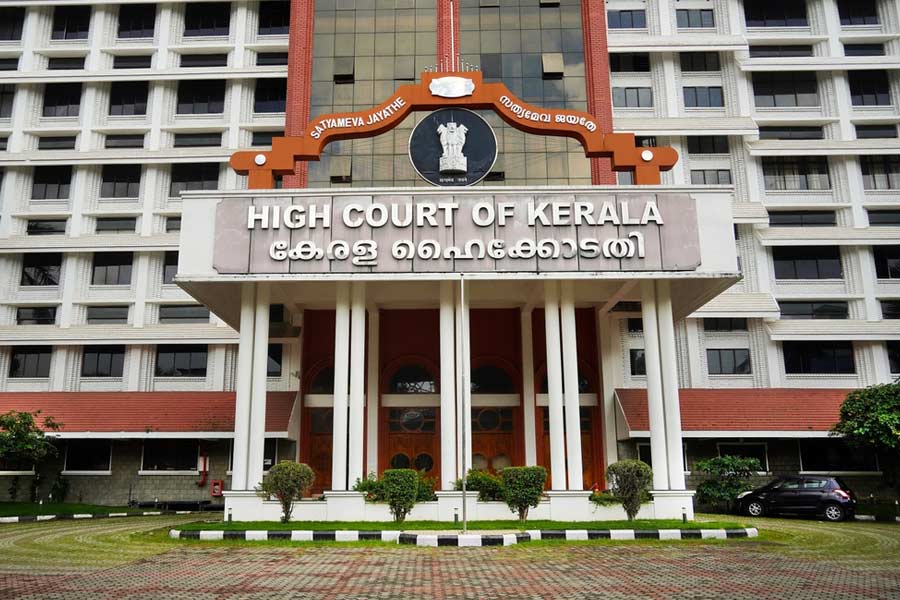Aarohi Girish Dhumale
On 5th November, 2024, the Kerala High Court ruled that a Civil Court has the authority to enforce a decree issued by a Civil Court in a Waqf dispute, even before the establishment of the Waqf tribunal, or to enforce a decree issued by the Waqf tribunal itself.
The Court held while allowing a case about the execution of a decree passed in a 2000 lawsuit, which granted C.K. Marakkar and others possession of a mosque in Kothamangalam. The petitioners had contested the dismissal of their petition by a Civil Court, which sought to execute the decree that was issued before the Waqf Act came into effect. The Civil Court had ruled that it lacked jurisdiction to accept the execution petition due to the establishment of the Waqf tribunal.
The Court noted that the Waqf Act does not contain any explicit provision stating that the Waqf tribunal is the sole forum for executing a decree related to Waqf disputes. Section 83(8) of the Waqf Act says that the execution of any decision made by the tribunal should be carried out by a civil court, in accordance with the Civil Procedure Code.
Therefore, even after the establishment of the Waqf tribunal under the Act, the Civil Court retains jurisdiction to enforce a decree issued by the Waqf tribunal. The Court directed the Munsiff Court in Kothamangalam to proceed with the execution petition and issue an order within three months.
Case Name: TK Makkar & Ors. v. Meerav Haji & Ors.
Case Number: OP(C) No.177/2023
Bench: Dr. Justice Kauser Edappagath

